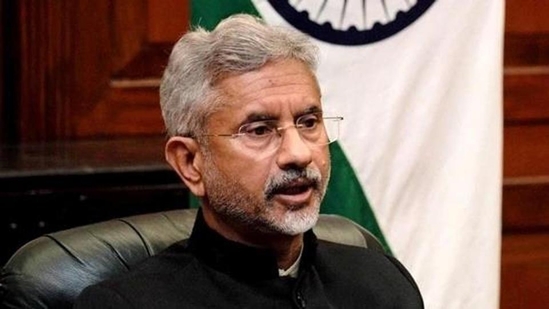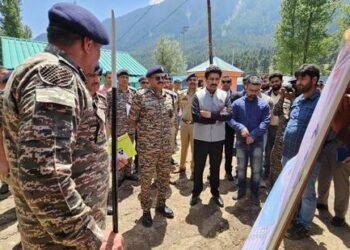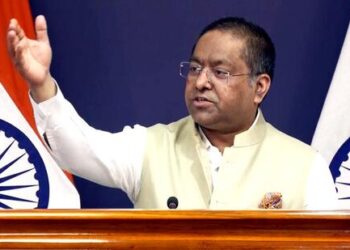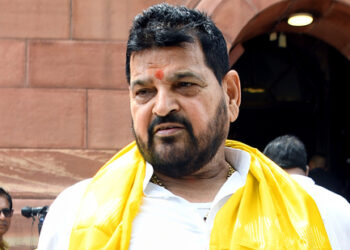External Affairs Minister S Jaishankar confirmed on Thursday that he had a detailed conversation with US Secretary of State Marco Rubio regarding the Pahalgam terror attack, which left 26 people dead, most of them tourists. The attack has triggered global outrage and significantly heightened tensions between India and Pakistan.
“Discussed the Pahalgam terrorist attack with US @SecRubio yesterday. Its perpetrators, backers and planners must be brought to justice,” Jaishankar wrote on X (formerly Twitter), reflecting India’s firm stance on holding those responsible accountable.
The phone call between Jaishankar and Rubio came amid a surge in ceasefire violations along the Line of Control (LoC), with the Pakistani military opening unprovoked small arms fire across several sectors in Jammu and Kashmir. According to US State Department spokesperson Tammy Bruce, Secretary Rubio expressed condolences over the “horrific terrorist attack” and reiterated America’s commitment to standing with India in its fight against terrorism. He also encouraged both nations to seek de-escalation to preserve regional stability.
India, however, has chosen a firm path of retaliation. In response to the attack, the Indian government has suspended the Indus Water Treaty, closed the Integrated Check Post at Attari, and reduced Pakistan’s diplomatic presence by lowering the number of personnel in both High Commissions.
The Indian Army, too, has been given full operational freedom. On the nights of April 30–May 1, and April 26–27, Pakistani troops fired unprovoked at Indian positions across Kupwara, Uri, and Akhnoor. The Indian Army responded swiftly and proportionately, as confirmed by defence officials.
Meanwhile, security forces have intensified anti-terror operations in the Kashmir Valley, focusing on eliminating sleeper cells and tracking down potential cross-border infiltrators.
The Cabinet Committee on Security (CCS), which met shortly after the Pahalgam tragedy, observed the possible cross-border links of the attackers. Officials pointed to the attack’s timing—soon after the successful conduct of elections in Jammu and Kashmir—as an attempt to derail democratic processes and incite instability.








 India
India












